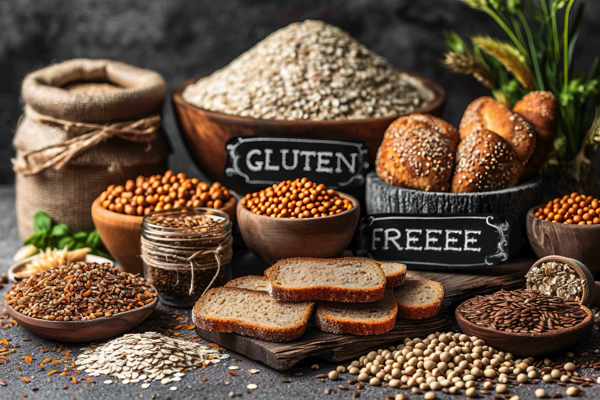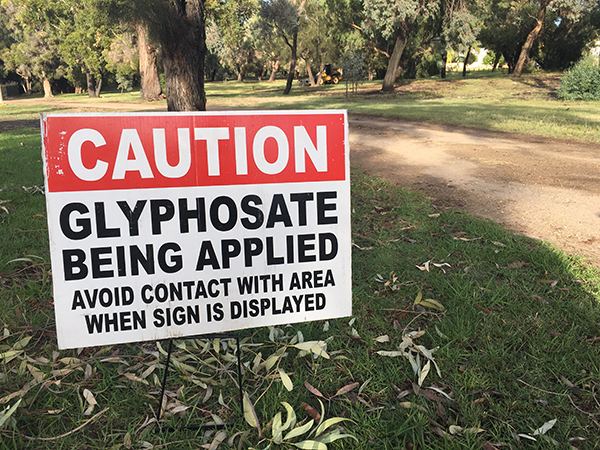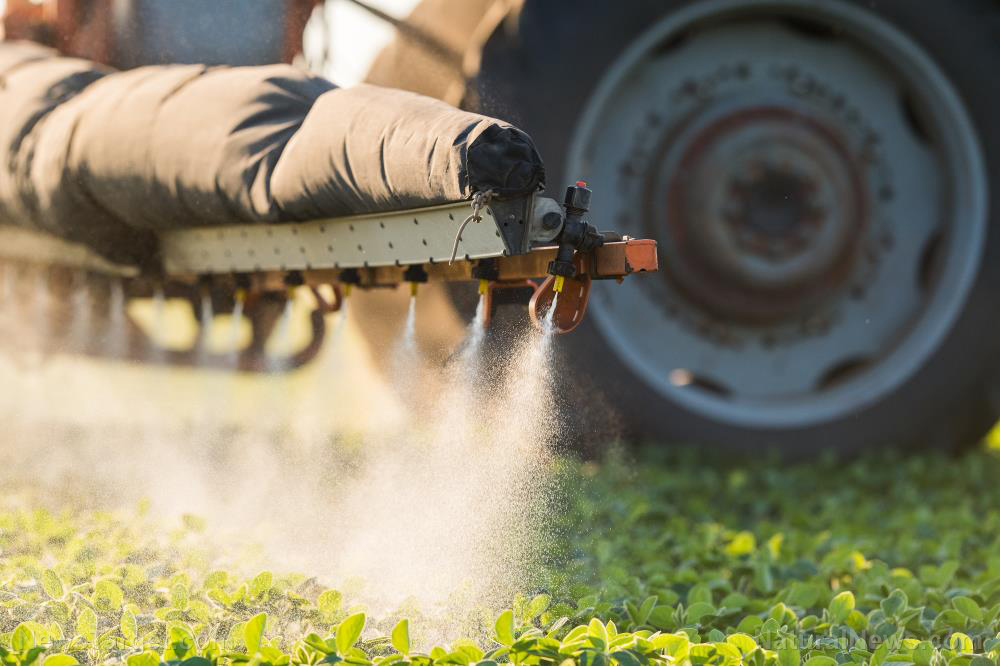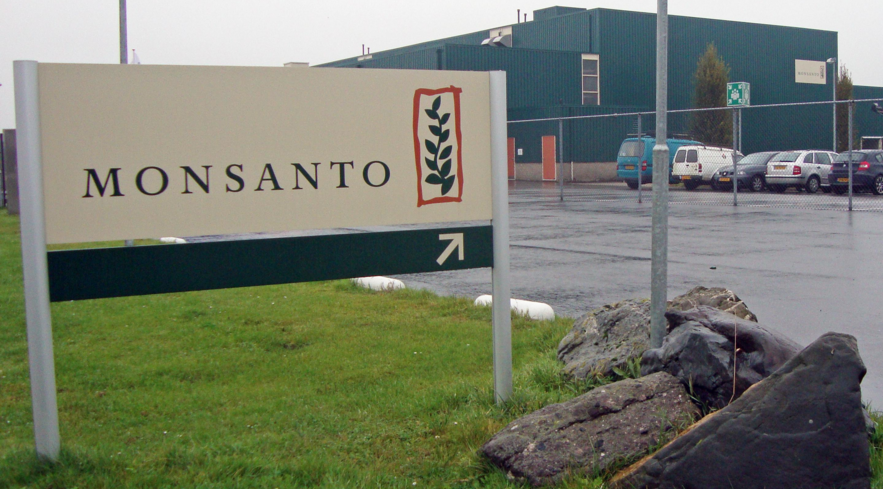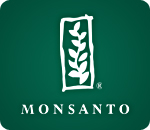Study: 22 Chemicals used to grow FOOD linked to higher risk of PROSTATE CANCER
11/21/2024 / By Zoey Sky
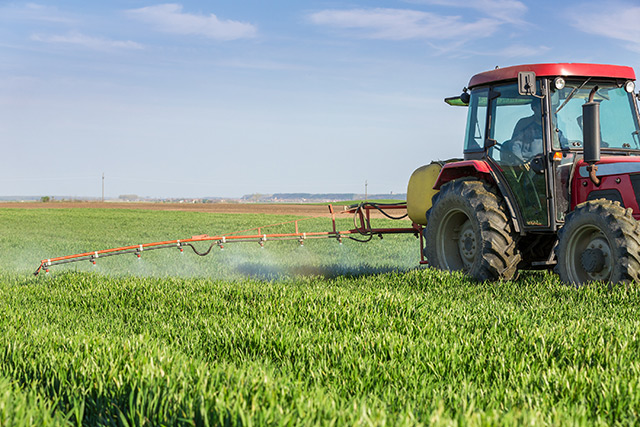
According to a study published in the journal Cancer, many agricultural chemicals are linked to an increased risk of prostate cancer. Researchers found that many agricultural chemicals (agrochemicals), especially commonly used herbicides like 2,4-D and glyphosate, may increase cancer risk.
The research team analyzed the link between the quantity of pesticides used in counties in the United States over certain periods and the rates of prostate cancer in participants 14 years later. The results showed that almost two dozen of the chemicals studied were consistently associated with a greater risk of prostate cancer.
According to data, prostate cancer is the most common cancer in men. This type of cancer is also considered the second-most deadly.
The results highlighted the importance of conducting more research to shed more light on the potentially dangerous role agrochemicals may have in the development of prostate cancer and other types of cancers, advised the study authors. (Related: Latest EWG consumer’s guide reveals 2024’s DIRTY DOZEN and CLEAN FIFTEEN.)
Meanwhile, six other chemicals analyzed by the research team are currently classified as “potential human carcinogens by the Environmental Protection Agency.
According to the agency, the herbicide diuron is classified as a known/likely carcinogen. The results also identified four chemicals that were linked to both the incidence of prostate cancer and dying from it.
These include three herbicides, cloransulam?methyl, diflufenzopyr and trifluralin, and an insecticide called thiamethoxam, which has been banned for outdoor use in the European Union due to its toxicity to bees.
For the Cancer paper, the scientists analyzed the county-level use of scores of agrichemicals from 1997 to 2001. Next, they tried to confirm if there was a link between cases of cancer in the county 14 years later, from 2011 to 2015, for each chemical.
The research team repeated the process for a second period as they reviewed agrochemical use from 2002 to 2006 and cancer cases and deaths from 2016 to 2020.
The findings revealed that all 22 chemicals were consistently linked to prostate cancer across time and space.
The study authors tried to quantify these links by analyzing how much a discrete increase in the use of any given chemical in a county compared to increased prostate cancer incidence there.
The 22 chemicals identified include:
- Herbicides (2,4-D, glyphosate, cloransulam?methyl, diflufenzopyr, diuron, hexazinone, linuron, pendimethalin, sulfosate, thifensulfuron, tribenuron and trifluralin).
- Insecticides (acephate, bifenthrin, carbaryl, cyhalothrin-lambda, parathion and thiamethoxam).
- Fungicides (azoxystrobin, propiconazole and trifloxystrobin).
- Soil fumigants (chloropicrin).
The researchers observed the strongest links for the herbicides cloransulam?methyl, tribenuronm and trifluralin; the fungicide propiconazole; and the insecticide parathion. Note that parathion is a highly toxic organophosphate insecticide that has been banned in many countries, including the United States.
Lifestyle changes that can help protect against prostate cancer
Considered a “disease of aging,” some factors of prostate cancer cannot be changed, such as age, race and genes.
However, you can make changes to factors such as diet and lifestyle to prevent prostate cancer.
Follow a balanced diet
While scientists still have a lot to learn about the link between diet and prostate cancer prevention, studies suggest that improving your eating habits may help.
Reduce your fat intake and eat less trans fats and saturated fats. Make sure your diet includes healthy fats such as omega-3 fatty acids from fish, nuts and seeds.
Eat a variety of fruits and vegetables, especially leafy greens. Studies suggest that the antioxidant lycopene, found in cooked or processed tomatoes, may help slow the growth of prostate cancer cells.
Meanwhile, cruciferous vegetables like broccoli and cauliflower contain a compound called sulforaphane that may protect against cancer.
Exercise regularly
Exercise can help you maintain a healthy weight, and it can also help reduce inflammation, support immune function and protect against some of the negative health effects of a sedentary lifestyle. In turn, these can all help prevent cancer.
Quit smoking and drink less
If you are a smoker, quitting can help improve your health in different ways and reduce cancer risk.
If you drink, do so in moderation. According to research, red wine has antioxidant properties that may benefit your health.
Visit PreventCancer.news for more stories on how to prevent cancer and avoid known carcinogens.
Watch this clip about chlormequat, a new pesticide linked to reproductive issues found in 80 percent of Americans.
This video is from the Puretrauma357 channel on Brighteon.com.
More related stories:
Study: High cancer rates in agricultural areas in the U.S. linked to pesticide use.
STUDY: Microplastics in the body may aggravate cancer and spur metastasis.
Just four types of cancer made up half of the 1.96 million cancer cases in the U.S. in 2023.
Common herbicides linked to diminished brain function in young adults.
Johnson & Johnson agrees to $700M settlement over talcum powder safety concerns.
Sources include:
Submit a correction >>
Tagged Under:
agricultural chemicals, agriculture, agrochemical, cancer criminals, carcinogens, dangerous, ecology, environment, farming, glyphosate, health science, herbicides, men's health, poison, Prostate cancer, real investigations, research, toxic chemicals, toxins, weed killer
This article may contain statements that reflect the opinion of the author
RECENT NEWS & ARTICLES
BayerApologize.com is a fact-based public education website published by BayerApologize.com Features, LLC.
All content copyright © 2018 by BayerApologize.com Features, LLC.
Contact Us with Tips or Corrections
All trademarks, registered trademarks and servicemarks mentioned on this site are the property of their respective owners.


